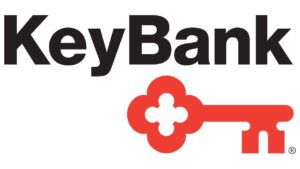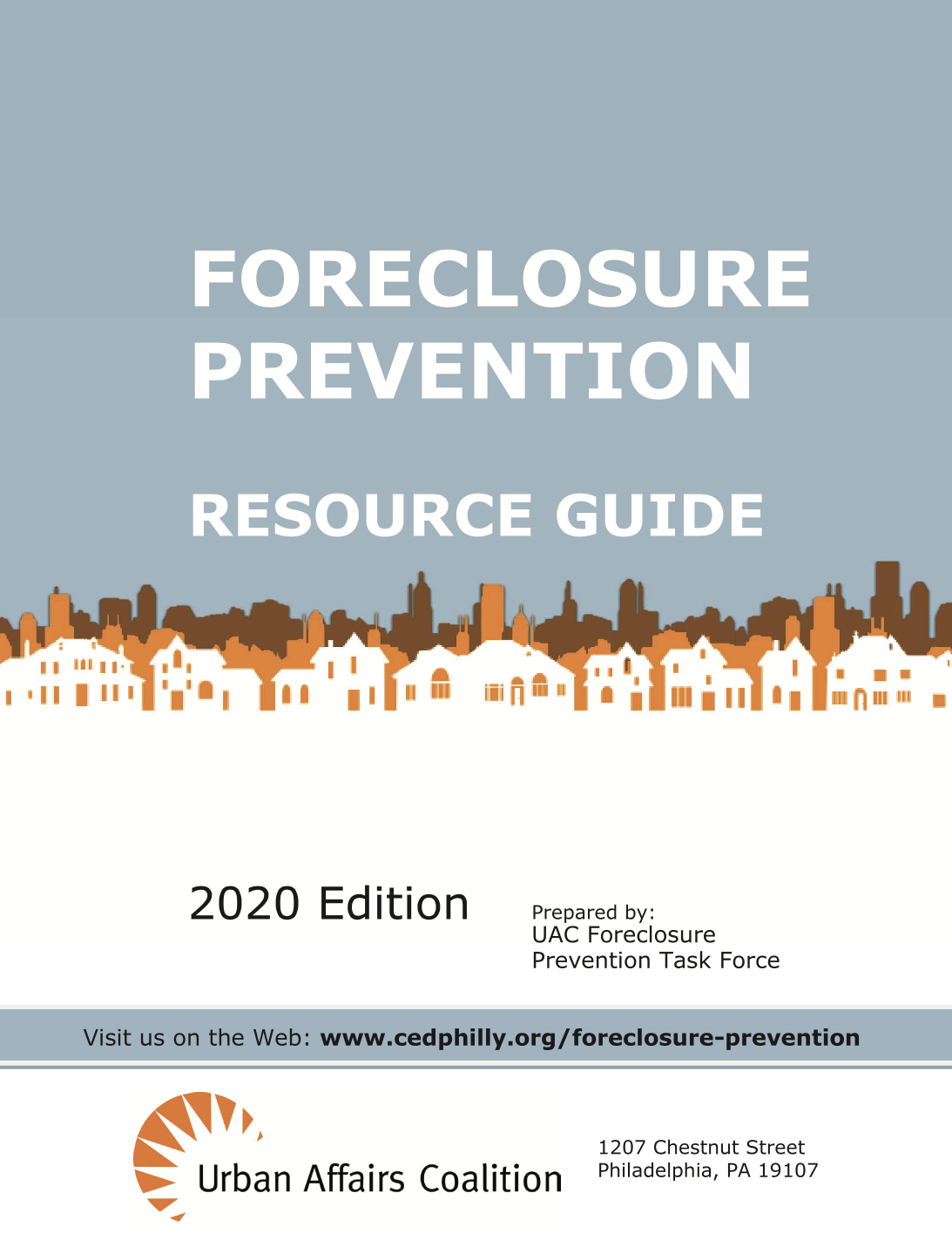
Since 2016, the National Community Reinvestment Coalition (NCRC) has facilitated the creation of Community Benefits Agreements with 21 bank associations worth a combined totality of $589 billion for a mortgage, small business, and community development lending, investments, and philanthropy in low-to-moderate- income (LMI) and under-resourced neighborhoods. The very first deal was with KeyBank. Today, NCRC withdraws from KeyBank discussions for a future Community Benefits Agreement (CBA)
On the morning of December 8th, 2022, NCRC revealed that they are exiting negotiations for a new CBA with KeyBank. In a report executed by NCRC, they discovered that from 2018-2021 KeyBank had the lowest percentage of mortgage originations to Black borrowers among the biggest mortgage lenders and a dramatic drop in the bank’s across-the-board lending to LMI borrowers.
“KeyBank executives looked community groups in the eye and promised to become a leader on inclusive home mortgage lending – then did the exact opposite. They used those promises to get a merger approved, then cashed out huge dividends from the deal for their gain while steering their company away from Black neighborhoods, Black borrowers, and other marginalized communities. As a result, among the 50 biggest mortgage lenders, KeyBank not only failed to lead on Black homeownership – they became the worst at it nationwide.” -NCRC President and CEO Jesse Van Tol, from NCRC’s report.
NCRC’s report uncovered that KeyBank trailed almost all of its local competitors in a share of home lending to Black and LMI borrowers in most cities where it operates. KeyBank also seemed to engage in systemic denial of mortgages to LMI individuals because they live in an area considered a poor financial risk. The empty commitments KeyBank made tarnished faith with a CBA they signed with NCRC leaders in 2016. Hence, NCRC’s decision to end negotiations with KeyBank on a new CBA.
Click HERE to read the full NCRC Report for a more in-depth understanding of why NCRC withdraws from KeyBank discussions, including city-by-city breakdowns of KeyBank’s apparent redlining across each of its markets.







